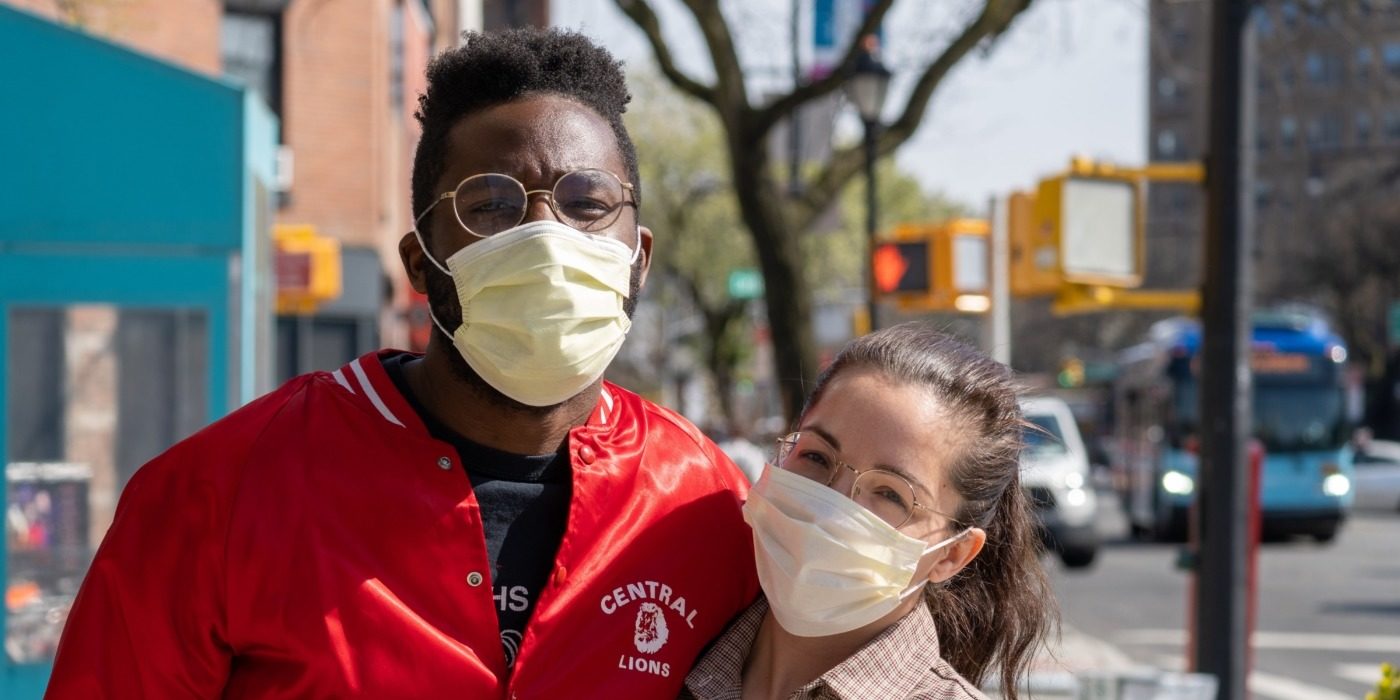Travelling after coronavirus: are we nearly there yet?
Peace and quiet was one of the key features of lockdown. It sounds cliché, but the sound of birdsong instead of planes was a component of the lockdown experience. It was highly unusual. That feeling will remain an anomaly for some time. With EasyJet having begun flights from 15th June and RyanAir set to restore 40% of their flight capacity from 1st July, the sound of planes once again is imminent.
Even though many countries have got past the worst of coronavirus, there are still fears of a second peak. Indeed, in Germany, there has been a lockdown reimposed in one district because of a rise of new cases. Despite these concerns, countries are desperate for people to visit. Spain has already agreed that no UK visitor will have to self isolate upon arrival while the British government may prevent visitors from Spain quarantine for 14 days. Given that Spain receives the most tourists from the UK, (over 18 million in 2019), it is obvious why the country is desperate for visitors to boost its economy.
The experience of travel itself will likely be different. Both the process of reaching a new country and time on holiday will alter. Even without a second wave, which, given the new cases in Beijing, I sadly believe is likely, the tourism industry must adapt. A pandemic has meant that companies, airlines and holiday firms need to alter if they are to retain and meet the needs of customers. There are likely to be significant changes facing all who travel, whether for business or pleasure.
Airlines, if they are unable to put more flights on, may be forced to prioritise different customers over one another
I cannot stand flying. From beginning to end, whether at the airport, on the flight or landing, my biggest sigh of relief is when the experience is over . It is already one of horror. However, according to BBC reports, time at an airport is likely to take longer and involve more procedures. Their report states measures will include greater social distancing, hence longer queues and more hand sanitisers. Cleaning robots are also apparently being trialled which kill microbes with ultraviolet light. Personal hygiene should be celebrated, however it’s likely travellers will be further inconvenienced.
On the plane, the experience is likely to mirror that of all hospitality sector. Recently, the Sun went aboard an EasyJet flight, where face masks were compulsory and no food was provided. The BBC have stated, with social distancing in place, aeroplanes are unlikely to reach full capacity, reflecting the situation facing shops, restaurants and theatres. This could be damaging if tourists are unable to purchase flights.
Airlines, if they are unable to put more flights on, may be forced to prioritise different customers over one another. What’s more important: a business trip that could occur over Zoom or a well deserved family holiday that could take place in the UK?
The extent to which coronavirus affects holidays is subjective. It depends entirely on what one’s ideal holiday is. Personally, I enjoy cultural explorations of big cities, looking at the museums, art galleries and ideas that shape a civilisation. With social distancing in place, this is likely to be severely affected. Museums that open may have staggered arrival times, one way systems and limited artefacts on display. This makes what would be a pleasurable, relaxed experience far less enjoyable. Even those spending time at an all-inclusive resort may find there is far less freedom to relax. Indeed, the process may replicate what individuals experience at home: stressing about being too close to others and fears of catching coronavirus.
If there is a second wave of infections because of too much social interaction, people will choose not to travel domestically or overseas
The tourism industry is on a knife edge. Its long term success future is dependent on whether individuals choose to visit other nations. A summer without any tourism would decimate the industry. There must be a balance between reopening the economy and retaining precautions. If there is a second wave of infections because of too much social interaction, people will choose not to travel domestically or overseas.
Similarly, I wonder whether people’s experiences of lockdown will change their attitude towards travel. This is most notable in work. Meetings being conducted on Zoom has saved companies vast amounts of money that would be spent conducting them in person. Individuals may decide that business agreements can take place virtually for the foreseeable future, thereby reducing the amount of travel. However, effective conversation involves body language, which internet meetings clearly prevent.
I am pleased that people want to book flights and head on holiday. Whether for relaxation or cultural investigation, the ideal of human exploration should be celebrated. In order for people to perform at their best, (whether at work or in their personal lives), time away from the busyness of daily life is essential. With this international exploration should come an understanding of the need for moderation in holidays too. While the skies get busier, that knowledge should come with a recognition of the brilliance of human travel for exploring new locations and learning about the world.

Comments